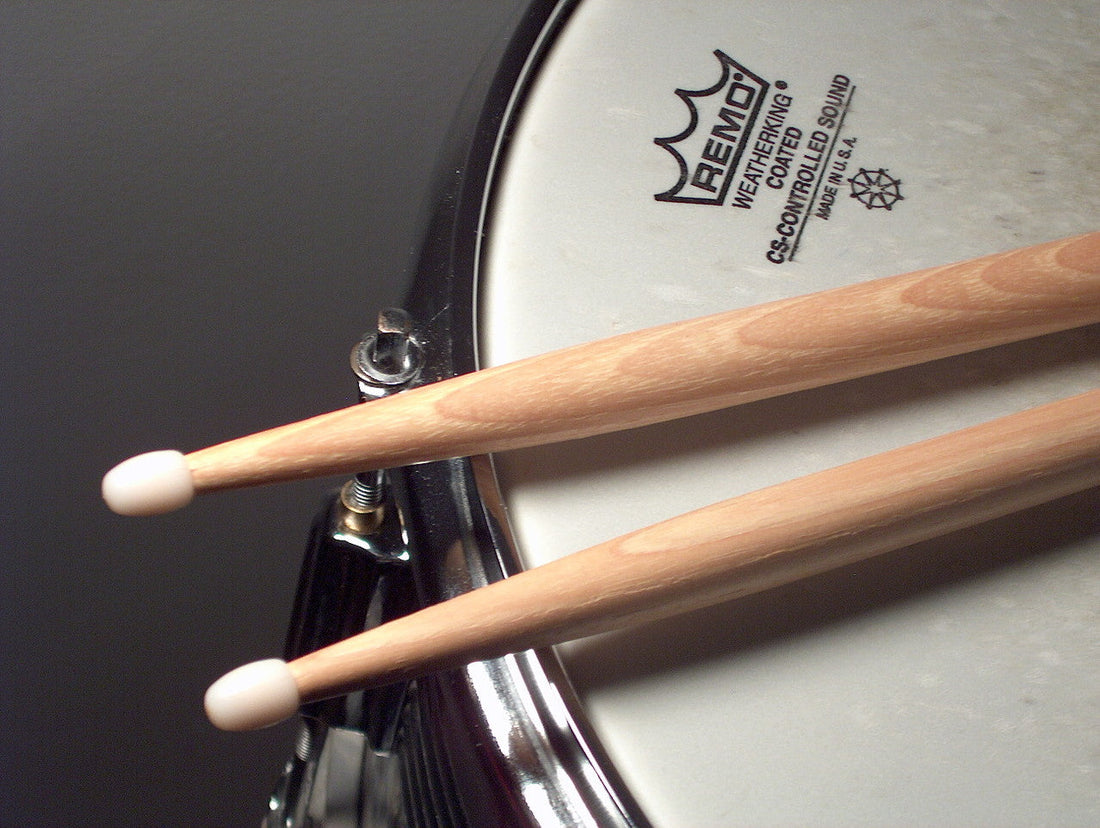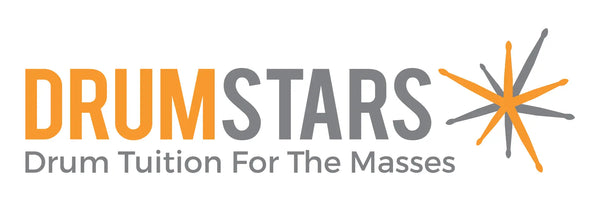
Why A Practice Routine Is So Important….Even Without A Drum Kit!
Share
I have been playing Drums now for nearly 17 years, and over that time i have found many creative ways to practice without necessarily needing a Drum Kit, and i have created my own routine to ensure i get the best out of my practice. In my early years of learning to play drums, the only opportunity i got to play a drum kit outside of lessons was on Lunch breaks at school for about 30 mins! As i didn’t have my own drum kit, I had to use my imagination to create my own kit at home, and i literally played any surface anywhere! Pots, Pans, Books.. you name it!
For some ideas on how to play without a drum kit you can click this link!
A lot of the time, individuals will take up Drums as a bit of a hobby, something that they can enjoy in their free time. It might be that they just fancy learning to play some of their favourite songs and may not have any interest in joining a band, only to have of fun.
However, if you are looking to get serious about your drumming; To be able to play with other musicians and be a competent player, then its massively important that you have an efficient practice routine.
Create A Routine!

Creating a routine for your drumming is crucial. I appreciate that everyone’s time is different and we all juggle various different things in day to day life, but in order to make good progress with your drumming you NEED to dedicate some time to practice. Whether it be once or twice a week for a couple of hours, or even just 15-20 minutes here & there. The more often that you practice the quicker you will improve…its that simple.
Be sure that when you begin your practice routine that you have targets that you want to achieve. I have had many occasions where i have started practicing with no real focus and ended up just mucking around for 30 minutes. Don’t get me wrong these moments on the kit have there place as it allows you to get creative, but if you want to learn how to play that awesome fill by one of your favourite drummers or complete that Grade piece… you’ve got to ensure you keep focus so that you can achieve the result you want.
Whenever i begun my practice, id spend around 15-20mins on my practice pad playing rudiments before i even went on a kit. This helped me to get warmed up and it meant that the rudiments were fresh in my mind; This helped me to make smarter musicals choices on the kit.
As much as its about the playing, its also very important to give yourself breaks. Sometimes if you are practicing and you feel overwhelmed with the difficulty of the exercise…going away for a 10-15 min break could just be what you need to allow all of that information to sink in.
Have you ever tried to do something many times, and you just aren’t getting the right result?
You then go away and do something else or perhaps sleep on it, and then find yourself coming back to it later and you smash it first time? Im not exactly sure why or how this happens but i’ve learned that It’s very common occurrence and can happen with any skill, not just drums. I like to think taking break is giving your brain a chance to download all of that information, so that you can properly execute it next time.
Constantly Seek Improvement

No matter how good you are, you should always seek to improve. This ties back to what i said earlier about your routine. You want to ensure that you dedicate time to practicing things that you don’t know, rather than things that you’ve already learned to play. It’s also important that we work on things that are going to build our strength, stamina and become more agile as well as deepen our knowledge and understanding of music theory.
Whenever i teach my students about the importance of practice i say “Always aim for perfection, but know truly that you will never achieve perfection, only excellence”.
 Ultimately you want to constantly challenge yourself by doing things that you can’t currently do. Regardless of where you are with your playing, whether you’ve learned the basic rock beat, a single stroke roll, or how to play 32nd notes with double bass drum pedals, you will always be able to look back at the hurdles you’ve jumped over and as you progress, you’ll be able to look back and realise how much you’ve over come .
Ultimately you want to constantly challenge yourself by doing things that you can’t currently do. Regardless of where you are with your playing, whether you’ve learned the basic rock beat, a single stroke roll, or how to play 32nd notes with double bass drum pedals, you will always be able to look back at the hurdles you’ve jumped over and as you progress, you’ll be able to look back and realise how much you’ve over come .
Its a great way to remind yourself that actually whatever you are currently challenged with… you’ll get through it because you’ve proven time and time again that this is possible. All that is required is to dedicate time to practice and to be patient with yourself.
For Effective Practice.... Be Prepared!
To ensure that you can get the most out of your practice, i would recommend that you have some of these items in your practice room. It’s not to say that you wont progress without this equipment, but they are really helpful and make your practice more enjoyable.
- A Practice Pad – Can practice anywhere at any time, sit the practice pad on your lap and away you go!
- Metronome – You can either purchase one, or even use an app on your phone. Helps you massively with your time keeping and deepen understanding of notational values.
- Music Stand – Often overlooked, but having somewhere you can place your books or sheet music easily in front of you – This allows you to be more comfortable whilst practicing
- Audio Equipment – Something that you can play music with or play backing tracks for exercises while you practice
- Ear protection – If you spend a lot of time practicing then it’s vital that you protect your ears. Drums are loud and depending on the size of the space you practice in, they can be amplified even more. You don’t want to work really hard on your practice and then start to suffer with ear problems such as Tinnitus. If you are using electronic drums. Try to keep the volume as a reasonable level to protect your ears.
- Drum Kit – Having access to a Drum kit even if you don’t own one is important. It may be that you use your music room in school at lunch times or after school to practice or perhaps go to a rehearsal room for an hour or so a week.
I hope the information in this article helps you to get prepared for an effective practice routine. If you have any questions, or would like any further information. Please Contact us or leave a comment and we will get back to you!
Good Luck!
